Working with unconventional Coalitions
If you want to win in Brussels, it makes sense to work as part of a coalition.
I’d like to detail some cases of those coalitions – the unconventional – and some of the results they can deliver.
I am not talking about the conventional coalitions – the Green 10 or pan-industry groups – that are all too common.
I’m also going to consider some of the advantages and the pitfalls of doing so. It is not plain sailing.
You should only read further if you are interested in strategies that help you win. If you are just interested in protesting or having positions that amount to calling out in the darkness “no surrender”, you should stop reading.
Can people who don’t agree on everything work together
If you think interests that don’t see eye to eye can’t work together, please look at this picture.

When two sides, even those who have been to war with each other, can work together good things can happen.
Is this the only way
A common view of the relations between NGOs and industry is one of confrontation.

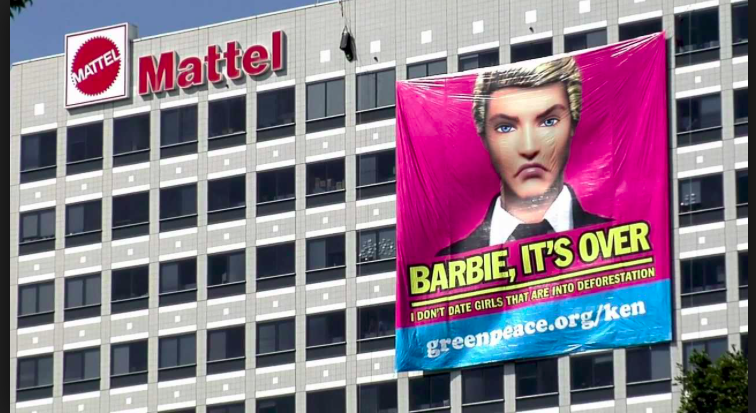
Peaceful direct action has its place. But, it is not the only way to bring about change.
Coalitions of the Willing
NGOs can work with governments and industry to bring about policy and political change. The partnership can be public or private.
There is an important caveat. Both sides need to agree on a common goal. If you don’t, there is no partnership.
The Smart Place
I learned a lot of my political campaigning craft at the foot of some of the best NGOs. I worked with IFAW and WWF running political campaigning on bushmeat and fisheries. I have a certain passion for our oceans.
Working with the Governments and with the Institutions
Below is an excellent piece from Tony Long, the former longstanding head of WWF’s EPO office, from whom I had the honour to learn so much from.
Here alliances with member states were key to delivering success.
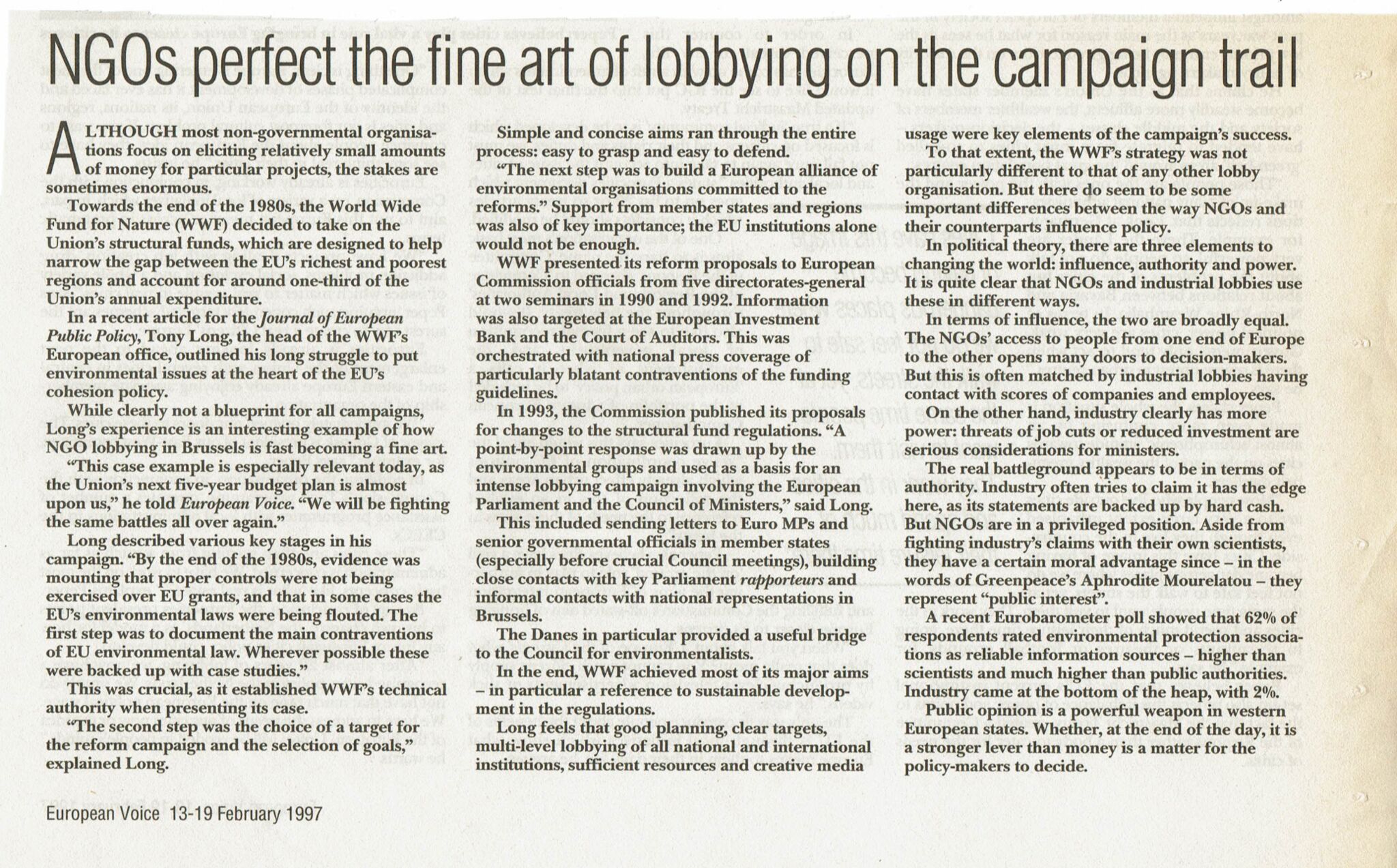
Business Alliances
WWF works with Sky on Oceans and Coca-Cola on water resources.
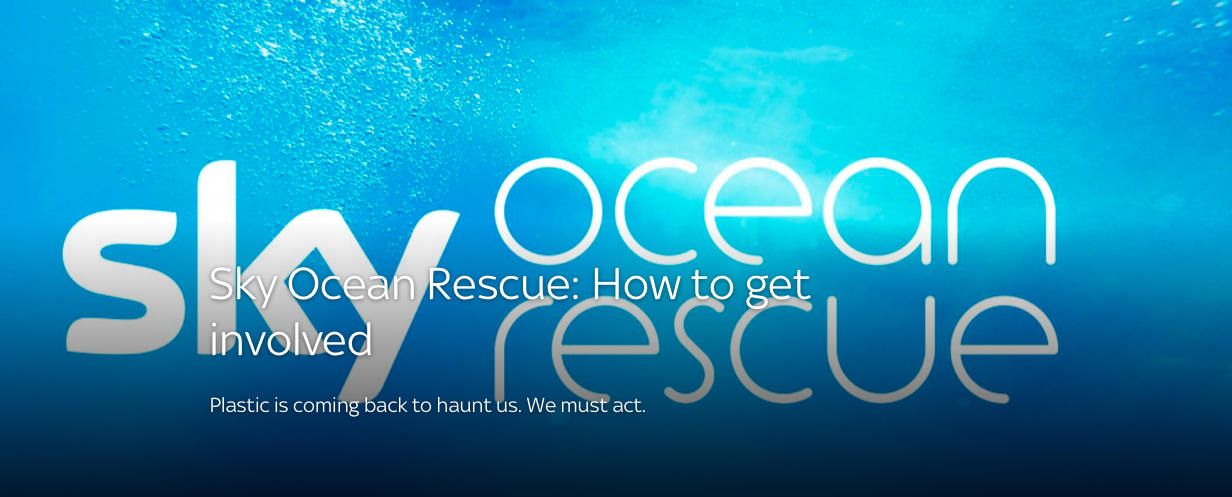

Tetra Pak & WWF
I remember the alliance with Tetra Pak and WWF on forestry and combatting illegal forest.
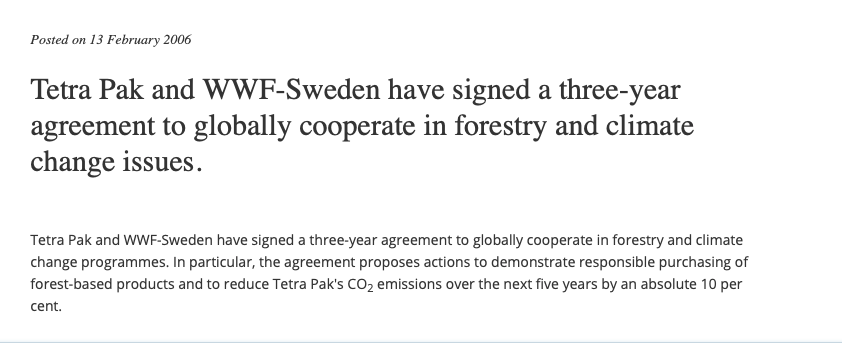
This led to working together to secure EU wide illegal logging legislation.
IFAW and the European Zoo (EAZA)
IFAW and EAZA did not see eye to eye on many things. But, we saw eye to eye on the harm of bushmeat on Africa’s Ape population. Together we worked to address the issue in Brussels and Member States, at the political and public level, and bring about change in EU policies that contributed to this.
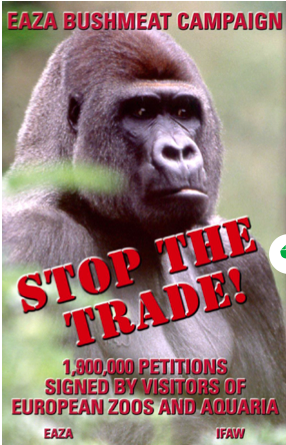
See link
Common Understanding between the Scottish fishing industry and WWF
WWF Scotland works closely with the Scottish fishing industry and government on fishing conservation.
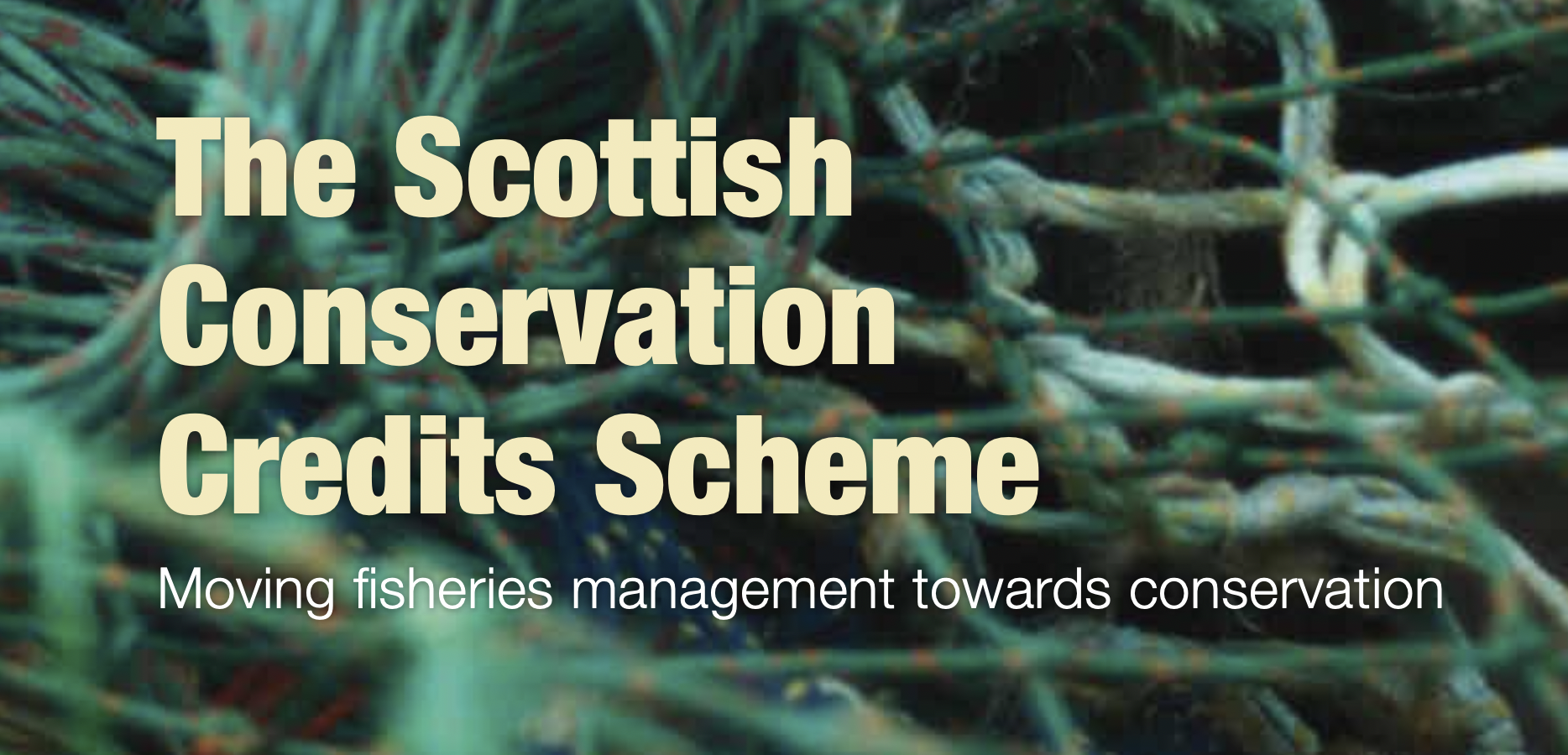
Some of the benefits of sitting down in the spirit of constructive dialogue are that you get a better understanding of what is driving people and their real concerns. After a while, the posturing ends, and you often find out you have similar goals, just different ways of getting there.
When you understand each other, you are far closer to finding a solution to a common problem.
When you take the confusion and misunderstanding from the conversation good things can happen.
I enjoyed working with Mark Park from the Scottish White Fisheries. We did not agree on everything, but we agreed on the case about subsidies. So, when I received an invite, as then head of WWF’s marine programme, to speak at a European Commission policy retreat on fisheries subsidies, I was more than happy to ask Mike to join the event. The officials were surprised that I’d invited him, but who better to make the case, than one of Europe’s fishing industry leaders.
Some people insist you must have more or less identical views on all issues before you can share a common platform. That’s a tall order. It may work in a world of mass-cloning, and I doubt any marriage would survive based on such conditionality.
Chemical Industry and NGOs work together on Brexit
Brexit led the UK and European chemical industry and NGOs share a common agenda.
We worked together by letters and adverts in the FT, Politico, and the Brussels metro to raise our common position.
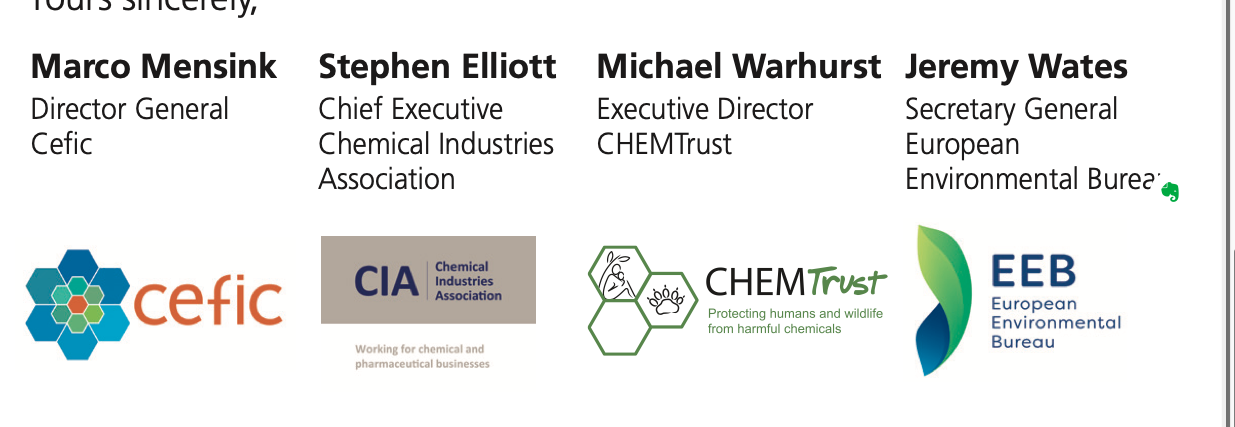
Unfortunately, the British government did not agree with us.
Veggie Sausages
A more recent case, October 2020, saw an alliance of vegans and multi-nationals, including Nestle, lobbying against the farming lobby’s attempt to ban the tern ‘veggie burgers’.
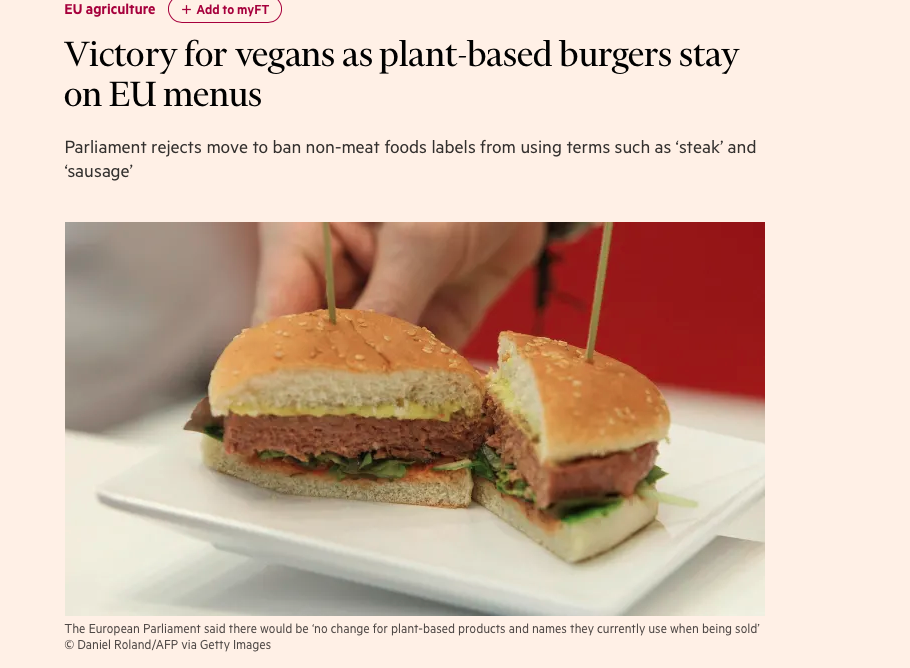
The alliance led to a mainstream and broad political alliance across all political parties against the move.
The case for coalitions
Many of these alliances led to gains that alone both sides could not have secured.. It was not the unexpected novelty factor. It was the combination of two interests, who may not always be on the same page most of the time, but for whom on that one issue, share a common goal and understanding of what needs to be done to secure the common good.
The main advantage is that these unexpected alliances broaden the political coalition you can bring to the table to get you the support/votes you need. Political victory is, at the end of the day, about getting the right proposal out the door of the Commission, and getting enough support from the European Parliament (often 353 votes or more ) and 15 (and sometimes more) Member States backing you.
It is unlikely that any single organisation, company or NGO, whether for profit or not profit, has a broad enough established geographical coverage and political influence in the EU 27.
A lot of the time, political success, winning votes, comes down to being trusted with decision-makers and influencers across many of the EU 27 and Brussels. Having a strong base in one country or with one political family won’t be enough to deliver all the votes you need.
That being the case, you are going to have to work with others, from usual allies to the unexpected, to get what you want.
For me, the real benefit of these unexpected coalitions is twofold. First, it is that it can lead to an open-minded listening to one another’s views. It can lead people to deal with each other as real people, rather than stereotype personalities. It can lead to a greater understanding between people regardless of the views they hold. And, a gradual and better understanding of views based can lead to a greater chance of finding better and workable solutions. Second, when you both call for the same thing, the Commission, MEPs, and Ministers, listen far more intently, and co-opt your position far more readily.
Challenges
These challenges go for whether you are working in any coalition, but are common.
Signing off a common position can make the agonies of Sisyphus seem mild.
There may be slackers on board who talk a great game and do very hard lift.
There may be deep-rooted animosities and tensions between fellow travellers which makes working together hard.
Conclusion
If you want to bring about dramatic political change against the odds, you are likely going to have to do something very different than you’ve been doing. What got you there, is unlikely going to get you out of there. So, maybe working with interests that you usually not may well be the best way to you get you what you all want. You can deal with any misgivings you have with the unexpected taste of victory.
Further Reading
Chris Rose, “How to Win Campaigns”
Simon Bryceson and Simon Levitt, “PA and Ecology”, Sage International Handbook of Corporate and Public Affairs